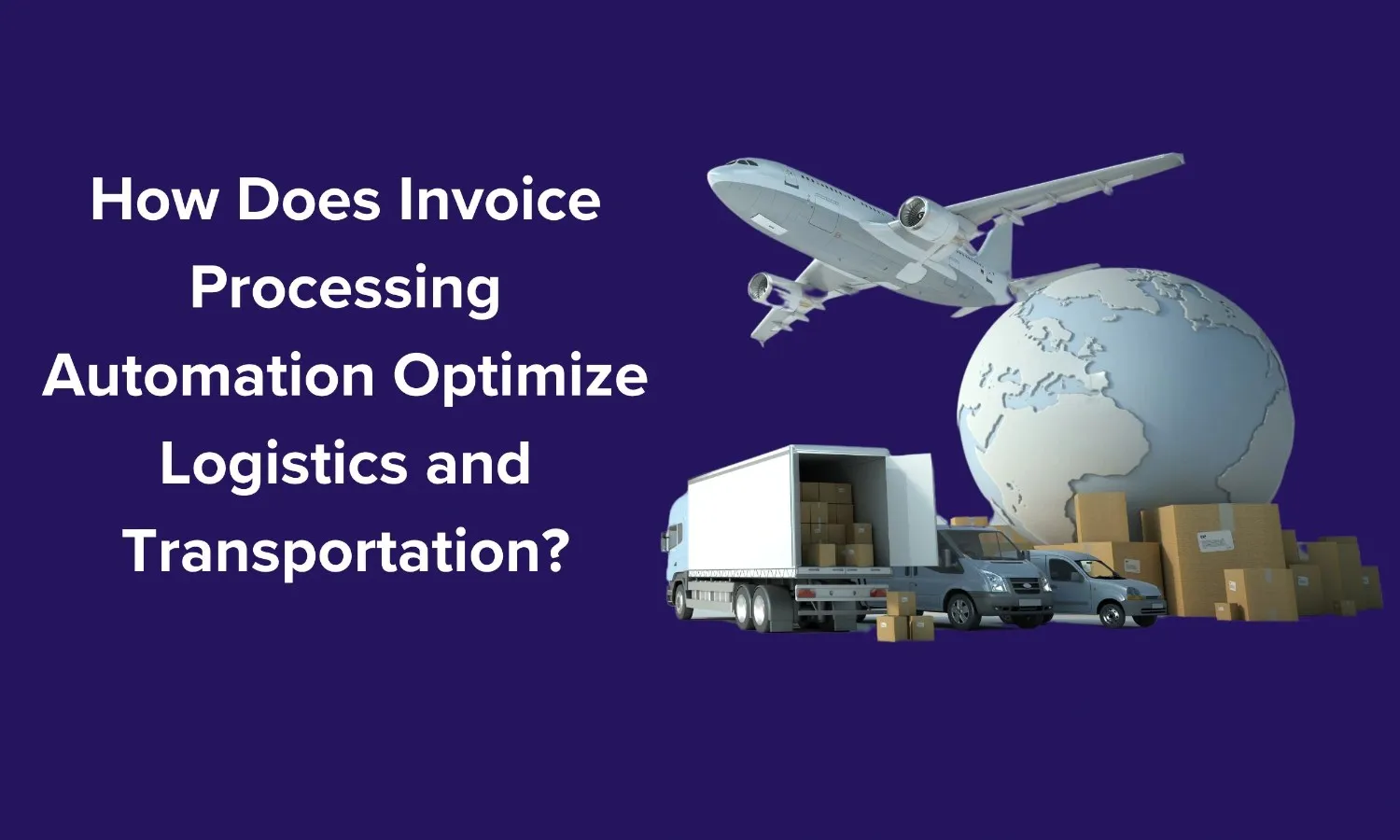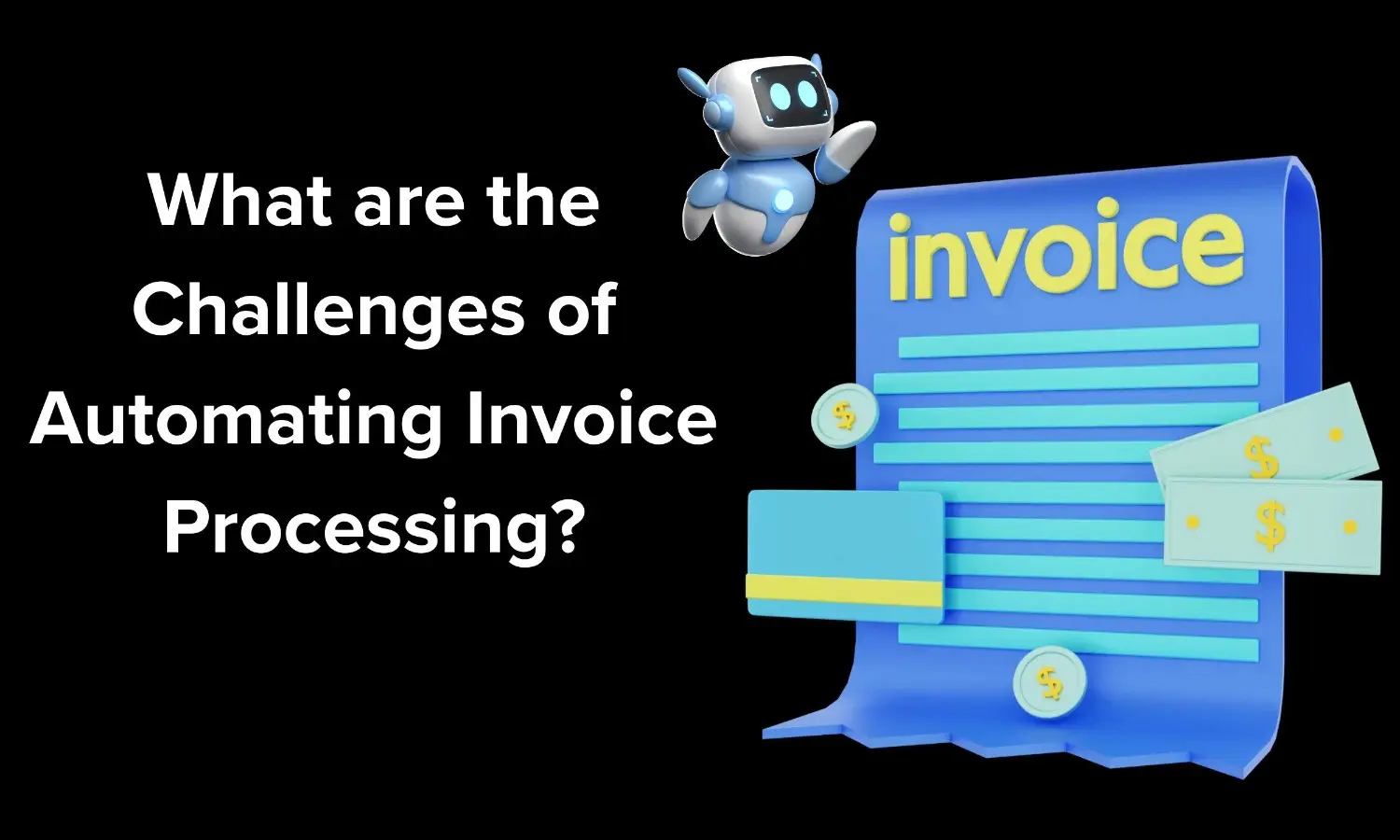Introduction
Invoice processing management systems are highly effective tools that streamline the handling and administration of invoices within an organization. These systems greatly enhance operational efficiency by automating essential tasks such as capturing data, conducting validation checks, and routing for approval. They reduce processing times, minimize errors, and ensure prompt payments, resulting in improved accuracy and stronger vendor relationships. Real-time visibility and tracking capabilities enable organizations to monitor invoice status, identify bottlenecks, and generate reports for process analysis. Integration with other systems eliminates the need for duplicative data entry and facilitates seamless information sharing. Ultimately, these systems optimize resources, leading to cost savings, empowering employees to focus on value-added tasks, and mitigating financial losses caused by errors or overpayments. In summary, invoice processing management systems revolutionize the invoicing process, bolstering efficiency, and empowering organizations to achieve superior financial management.
What is Invoice Processing?
Invoice processing refers to the series of actions involved in handling an invoice, from its receipt to the payment stage. While this may seem like a straightforward process, it can become complex depending on the size of the organization and the various steps involved.
Nowadays, invoices come in different formats, such as emails, PDFs, and even physical copies. Prior to making a payment, these invoices need to be organized, recorded, and approved by the appropriate personnel.
As an organization grows, the invoice processing procedure becomes more intricate. It involves receiving a supplier invoice, obtaining authorization, determining a payment date, making the payment, and subsequently recording the transaction in the general ledger. This process is crucial for the smooth operation of a business.
Late payment of vendor invoices can cause disruptions in the flow of services, supplies, and raw materials, as well as strain relationships with suppliers. While occasional late payments may be forgiven, consistently delayed payments can have detrimental effects on your business.
By definition, Invoice Processing is a business activity carried out by the accounts payable department, encompassing a series of stages for managing invoices from suppliers or vendors, starting from their receipt to payment and recording in the general ledger.
Invoice processing is often facilitated by software, known as automated Invoice Processing or Invoice Automation. A flowchart outlining the invoice processing steps provides a systematic guide for the accounts payable department to effectively handle vendor invoices.
Elevate Efficiency: Embrace Invoice Processing Management Today!

Why is Invoice Processing Significant?
Implementing a well-organized plan for invoice processing and providing employees with the necessary resources to execute it can offer numerous advantages to a business. Here are some reasons for incorporating invoice processing in your company:
1. Effective Cash Flow Management:
Invoice processing plays a crucial role in successfully managing your organization’s cash flow. By processing invoices, you can adhere to your budget, monitor outstanding debts, and make informed decisions regarding expenditures and investments.
2. Faster Payment Times:
Introducing an Invoice Processing System within your company can streamline the payment process, ensuring that invoices move more efficiently through the processing structure. This enables you to pay vendors on time, reducing delays and enhancing financial relationships.
3. Enhanced Vendor Relations:
Improving invoice performance within your company can positively impact your relationships with suppliers. A more efficient system fosters stronger connections, which can result in professional benefits when interacting with vendors, as it simplifies the process of ensuring timely payments.
4. Reduced Employee Workload:
Establishing a more efficient invoice processing system reduces the workload of your employees. This allows you to allocate their saved time to other tasks, ultimately leading to a more productive workforce.
Supercharge Efficiency: Invoice Processing Management.

Companies That Uses Invoice Processing Management Systems to Boost Efficiency
Numerous companies have experienced advantages by implementing invoice processing management systems to boost their efficiency. Here are a few examples:
1. Amazon:
Amazon employs an invoice processing system to streamline its accounts payable procedure. Through automatic scanning and capturing of invoices, the system matches them with purchase orders and directs them for approval. As a result, Amazon has successfully decreased its invoice processing time by 50%.
Explore our other insights!

What is Automated Invoice Processing?
Introduction Manual invoice handling is time-consuming, error-prone, and outdated. In today’s digital age, businesses are turning to automated

How Does Invoice Processing Automation Optimize Logistics and Transportation?
Introduction Logistics and transportation are essential in supply chain ecosystems in today’s fast-paced business environment. A business’s ability

What are the Challenges of Automating Invoice Processing?
Introduction Invoice processing is a crucial function for businesses, regardless of their size. It encompasses receiving, reviewing, and
2. Walmart:
To enhance its cash flow management, Walmart utilizes an invoice processing system. The system automatically generates payments to vendors according to the terms outlined in their contracts. The implementation of this process has resulted in a $1 billion increase in Walmart’s annual cash flow.
3. General Electric:
General Electric employs an invoice processing system to mitigate the risk of fraud. The system promptly identifies invoices that deviate from regular spending patterns and raises red flags. Consequently, General Electric has successfully detected and prevented fraudulent activities totaling $100 million.
The Need of Automating Your Invoice Processing
Implementing technology to automate and optimize manual invoice processing workflows can bring numerous benefits. Invoice processes can be automated in order to reduce errors and inefficiencies, resulting in cost savings and allowing your employees to become more productive.
Invoice processing automation not only benefits the accounts payable department but also addresses everyday challenges throughout the organization. It facilitates standardized invoice generation, improves capture, tracking, and storage processes, resulting in overall enhancements.
Efficient management of supplier invoices, along with reduced human errors, contributes to improved financial performance for your organization. With an automated invoice processing system, you can issue invoices, collect payments, and seamlessly update accounting systems with accurate data entries.
Moreover, the data generated by such systems is easily accessible and can be promptly analyzed by other systems, enabling real-time access to relevant information.
In addition to expediting invoice processing, automating this task offers significant advantages such as cost savings and enhanced visibility and control over your payables.
The Impact of Invoice Processing Systems on Efficiency
The efficiency of an organization can be significantly influenced by invoice processing systems. Here are several ways in which these systems can affect efficiency:
1. Automation:
Invoice processing systems often incorporate automated features that streamline the handling of invoices. These systems can automatically capture invoice data, extract pertinent information, and conduct validation checks. By automating these tasks, the need for manual data entry is reduced, minimizing errors, saving time, and decreasing effort.
2. Accelerated processing times:
Manual invoice processing often requires physical routing of invoices to different departments for approval, resulting in delays and potential bottlenecks. Invoice management systems provide a centralized platform where invoices can be electronically routed for approval, significantly reducing processing times. This streamlined workflow ensures faster invoice processing, enabling timely payments and avoiding late fees or penalties.
3. Enhanced accuracy:
Manual invoice processing is susceptible to human errors, including incorrect data entry, misplaced invoices, or duplicate payments. Invoice management systems help mitigate these errors by automatically validating invoice information against predefined rules, flagging discrepancies, and eliminating duplicate entries. This improved accuracy not only saves time spent on error correction but also helps maintain positive vendor relationships.
4. Improved visibility and tracking:
Invoice management systems offer real-time visibility into the invoice processing workflow. Users can track the status of invoices, identify bottlenecks, and generate reports to analyze process efficiency. This transparency enables better monitoring, fosters accountability, and facilitates the identification of areas for process improvement.
5. Cost savings:
Through the reduction of manual efforts, process streamlining, and enhanced accuracy, invoice processing management systems can lead to cost savings for organizations. The time saved through automation can be redirected towards value-added tasks, thereby enhancing overall productivity. Additionally, the system’s ability to detect discrepancies or errors early on prevents financial losses resulting from overpayments or incorrect billing.
6. Integration with other systems:
Integration is one of the key features of invoice management systems, which offer the capability to integrate with other enterprise systems, such as accounting software or enterprise resource planning (ERP) software. By integrating data across different departments, data is shared seamlessly, further improving efficiency and accuracy.
In summary, invoice processing management systems optimize the handling of invoices, reduce errors, decrease processing times, provide visibility, and contribute to cost savings. By automating manual tasks and streamlining workflows, these systems enhance efficiency, allowing organizations to focus on core business activities and achieve better financial management.

Conclusion
In conclusion, invoice processing management systems is vital in enhancing efficiency within organizations. These systems have benefits, including automation, faster processing times, improved accuracy, enhanced visibility and tracking, cost savings, and integration with other systems. Through the automation of tasks, such as data entry and validation checks, manual efforts are reduced, leading to increased efficiency. The streamlined workflows provided by these systems result in faster processing times and timely payments, avoiding penalties. Improved accuracy helps minimize errors and maintain positive vendor relationships. The real-time visibility and tracking capabilities enable better monitoring and process analysis, leading to continuous improvements. Moreover, cost savings are achieved through the reduction of manual labour and the prevention of financial losses from errors. In today’s highly competitive business environment, companies can grow and succeed by embracing invoice processing management systems that allow them to focus on their core business activities and improve their financial management.
FAQs
How can an invoice processing management system improve efficiency?
It can automate manual tasks, such as data entry and matching invoices with purchase orders, reducing errors and saving time.
Can an invoice processing management system help with invoice approval workflows?
Yes, it can streamline and accelerate the approval process by automating notifications, routing invoices to the appropriate personnel, and tracking progress.
How does an invoice processing management system handle invoice data extraction?
It uses optical character recognition (OCR) technology to extract relevant information from invoices, eliminating the need for manual data entry.
Can an invoice processing management system integrate with other accounting or ERP systems?
Yes, most systems offer integration capabilities, allowing seamless transfer of data between the invoice processing system and other software.
What benefits can businesses expect from using an invoice processing management system?
Businesses can expect improved accuracy, faster processing times, reduced manual effort, enhanced data visibility, and better compliance.


